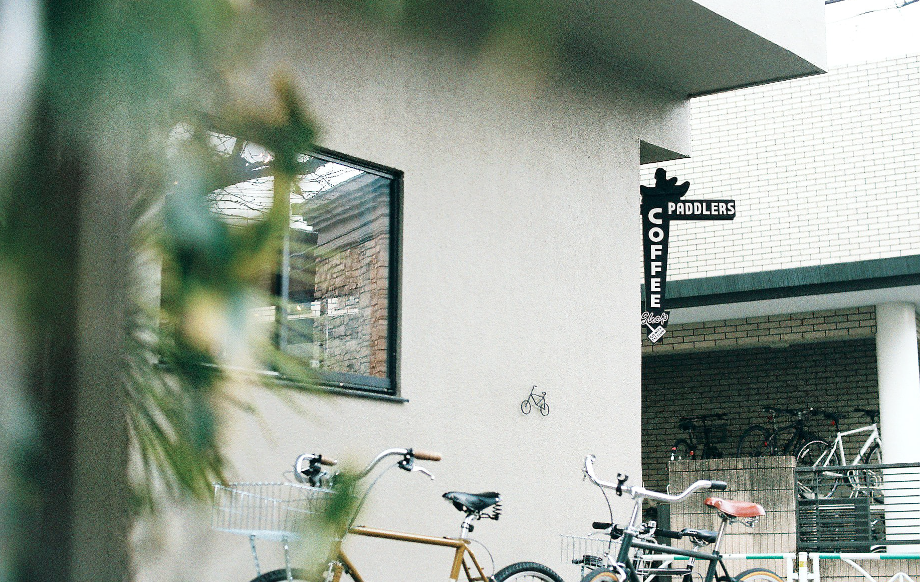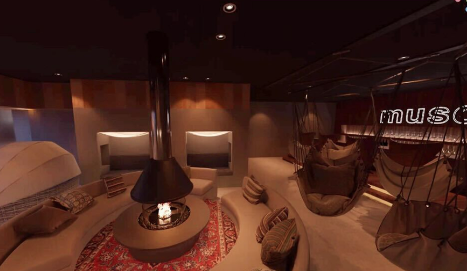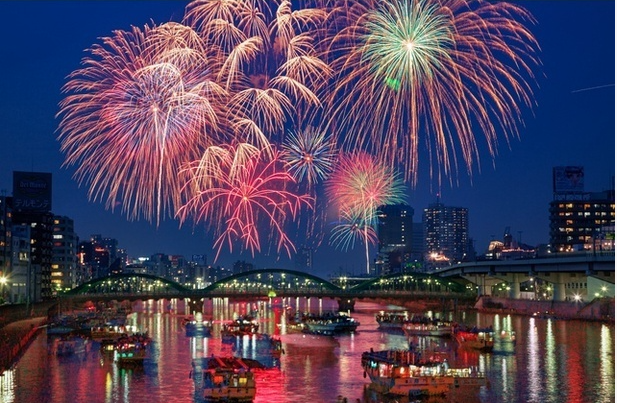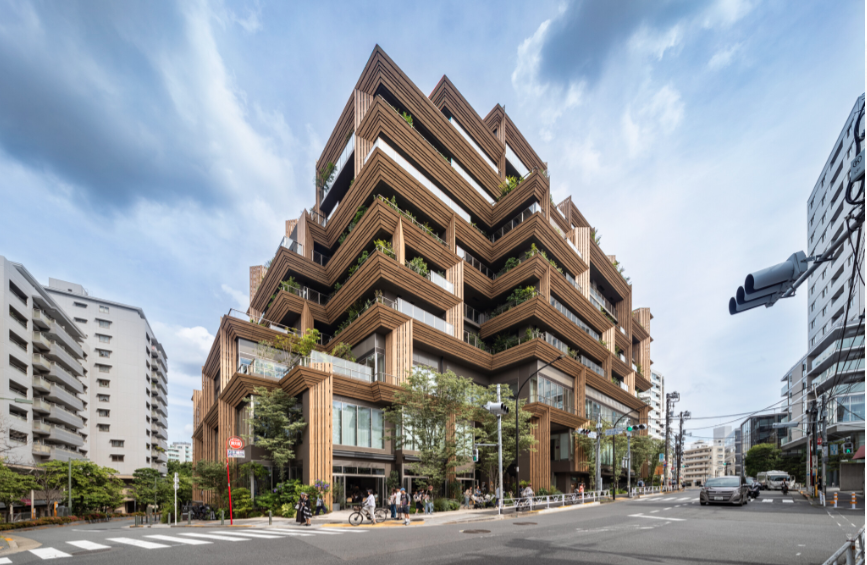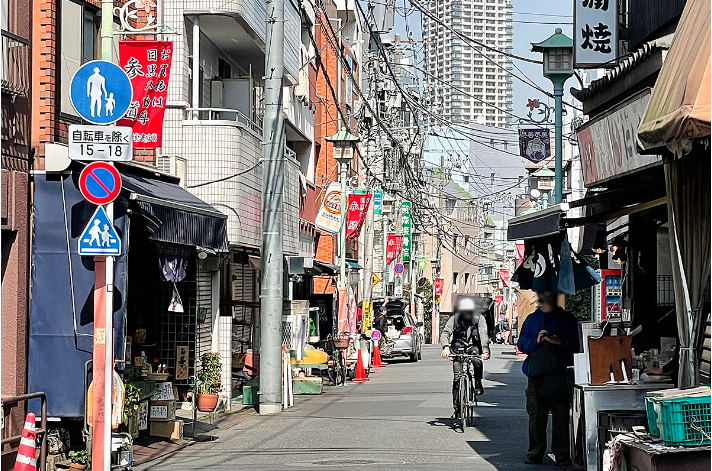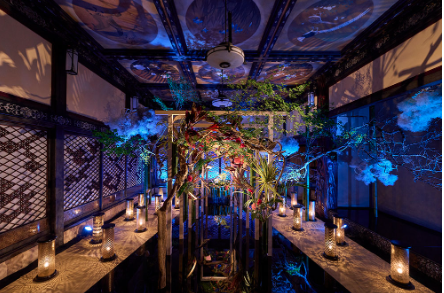Google Maps
Google Maps should be your best friend when living in Tokyo or traveling across Japan. The information is real-time and the route suggestions are impressively accurate. When checking train routes, you can even see the platform number and which train car to board for the most convenient exit. It’s also a great tool for walking navigation. Plan your trips in advance by saving the locations you want to visit. This way, you can easily see the next closest destination as you go, making your day more efficient and enjoyable.
Pasmo or Suica App
Pasmo and Suica are IC cards used to pay for transportation in Japan. But why carry a physical card you might lose? You can easily add Pasmo or Suica to your phone in just a few clicks. These cards work on trains and buses, and also vending machines, and in many convenience stores. You can even use them at some cafes and restaurants.
Japan Travel by Navitime
Japan Travel is an essential app for anyone planning a trip to Japan. With just one app, you can plan your route, buy Shinkansen tickets, and get useful travel tips. It also lets you purchase a two-week SIM card at a great price. The app is simple to use and supports you in both cities and rural areas. Whether you’re exploring Tokyo or hidden spots, Japan Travel helps make your trip smooth and stress-free.
Tabelog
For authentic Japanese reviews of restaurants and cafés, try the English version of Tabelog. This popular Japanese gourmet site lets you view menus, photos of dishes and interiors, payment options, Wi-Fi availability, and more. You can look up a specific place or use filters to search by cuisine type, location, and other preferences. It’s a helpful tool for finding great food spots with reliable local insights.
Go Taxi
If the trains have stopped running or you simply prefer a car, taking a taxi is a great option. For easy and secure booking, download the English version of Go Taxi. It’s more popular and reliable in Japan than the local version of Uber, making it a convenient choice for getting around—especially late at night.
Japan Bus Tickets
Not an app, but still a great online option for budget-friendly travel—night buses in Japan. They are clean, safe, and surprisingly comfortable, and cost much less than the Shinkansen. The website is available in English, so you can easily search for convenient routes and pay online with any credit card.


